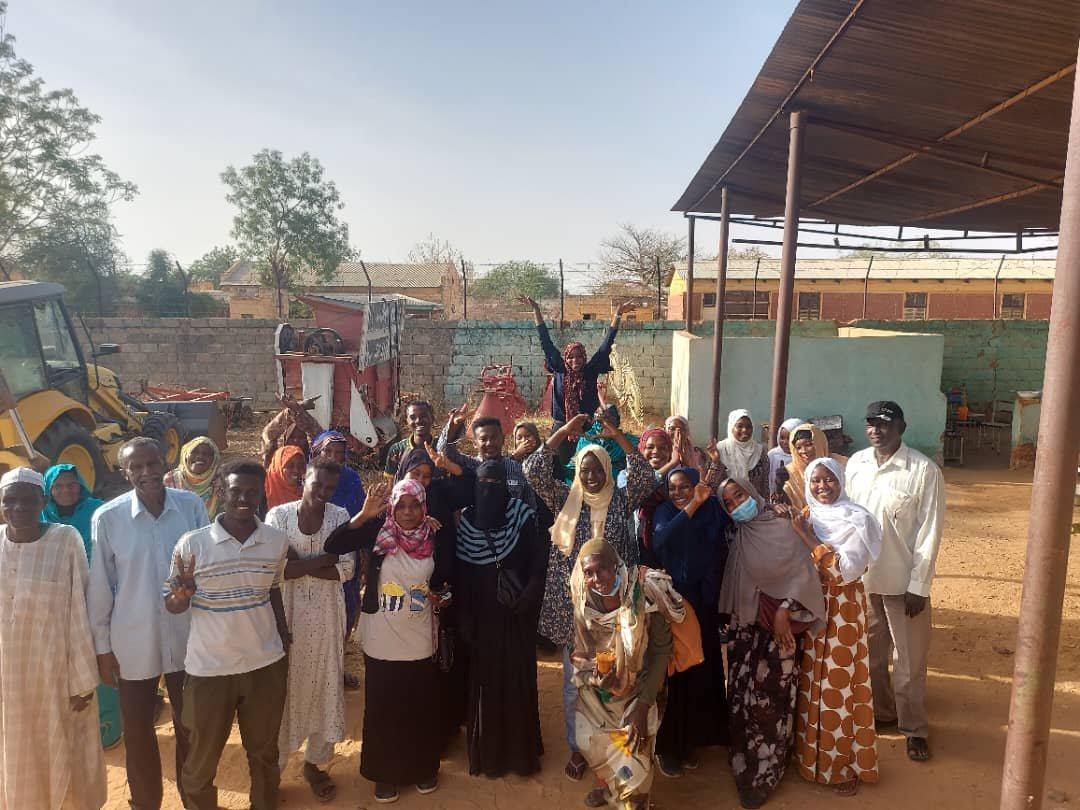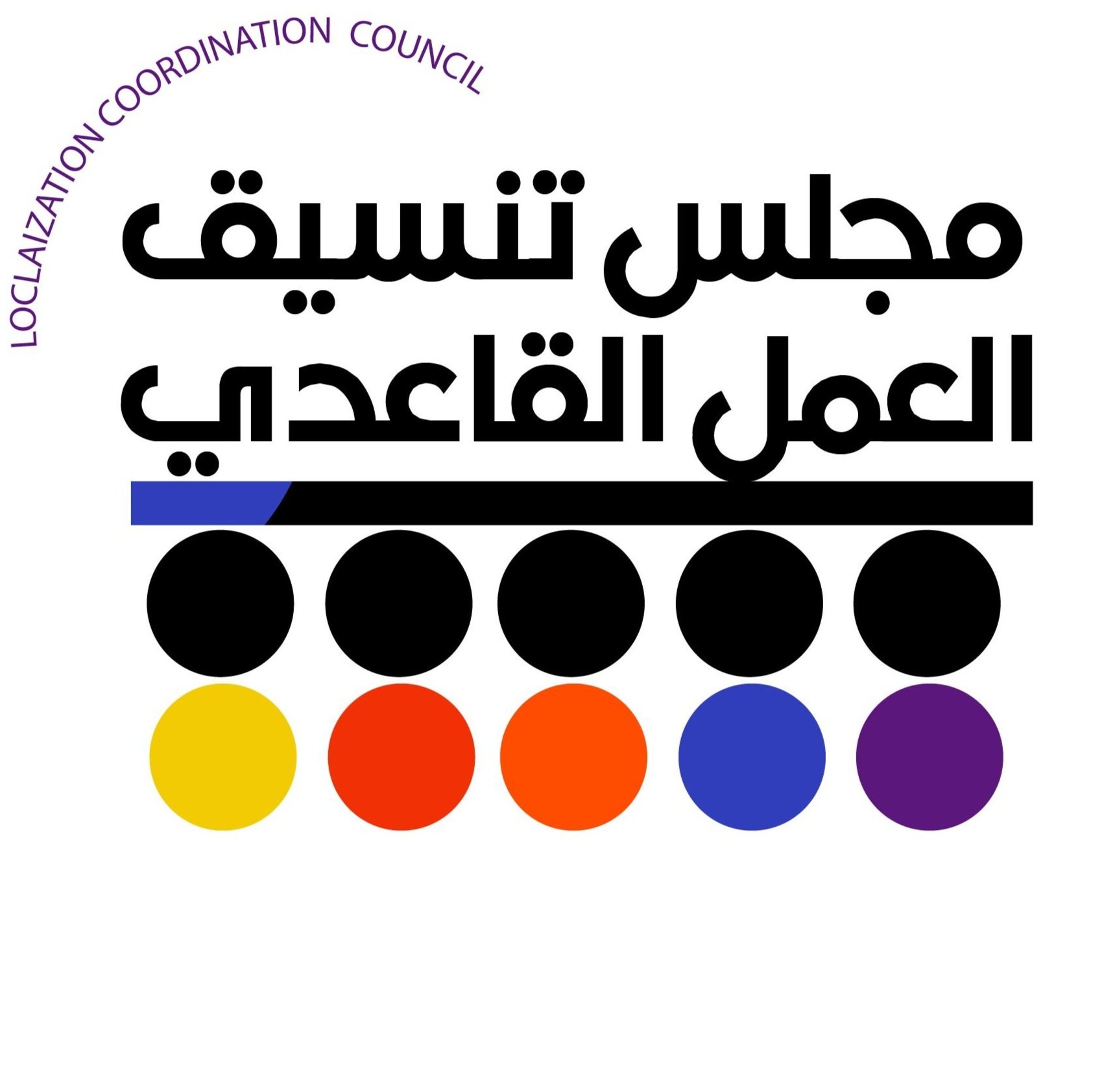Mutual Aid Sudan Coalition
Mutual Aid Sudan Coalition is a partnership between Sudanese mutual aid groups, notably the Emergency Response Rooms (ERRs), and international supporters and aid experts committed to providing direct, flexible funding to local groups addressing Sudan’s humanitarian crisis. The ERRs are community-based networks of Sudanese volunteers that organize local humanitarian response during the ongoing conflict. Unlike traditional models, the Coalition adapts its approach to support mutual aid actors on their terms.
The Coalition was formed to address the disparity between the success of informal groups in delivering aid and the minimal direct funding they receive, currently less than 1% of international humanitarian funding. By offering mechanisms for rapid, cost-effective fund transfers, the Coalition supports a highly-decentralized network of Sudanese organizations according to their humanitarian priorities.
We offer comprehensive financial, technical, and advocacy support to mutual aid leaders, following their guidance and requests. This approach represents a fundamental shift in the way aid is administered, emphasizing localization and empowering local actors. Our Friends of Mutual Aid Advisory Council provides expert guidance, amplifies mutual’s aid effectiveness, and expands its visibility.
Why is the Coalition needed?
The traditional international aid system provides critical assistance in emergencies like Sudan’s, yet it struggles to effectively support local mutual aid groups. Local organizations often spend valuable time adapting their operations to fit donor requirements instead of directly meeting community needs. Informal groups, despite being frontline responders, typically receive minimal or no funding from traditional donors.
In contrast, mutual aid groups like Sudan’s ERRs prioritize delivering timely, community-driven aid. They are trusted to know exactly what their communities require, ensuring resources directly address urgent humanitarian needs rather than external priorities.
How the Coalition Compares to Traditional Aid
The traditional international aid model involves multiple intermediaries—such as governments, international NGOs, and formalized local NGOs—each step consuming time and financial resources. Although this increases the overall amount of aid, the value that reaches communities on the ground diminishes at each stage.
Mutual Aid Sudan Coalition simplifies this by minimizing intermediary steps, providing funds directly to local mutual aid organizations, thus preserving more resources for direct community benefit.
Founding members
Emergency Response Rooms (ERRs) of Sudan
The ERRs of Sudan are a network of volunteer-driven groups that provide critical humanitarian aid in conflict-affected areas. Initially formed during the 2019 revolution, ERRs use virtual platforms like WhatsApp to coordinate local assistance, offering food, medical aid, and evacuations. With a focus on community-led response, they address immediate needs while fostering social cohesion. ERRs are a vital part of Sudan’s crisis response, reaching millions and adapting to local contexts despite facing security and resource challenges.
Localization Coordination Council (LCC)
The LCC is a strategic group of local responders that formed to establish national coordination of humanitarian response for Sudanese and by Sudanese and to share resources more effectively. It is a growing body that includes representatives from 13 state ERRs, 9 local Sudanese NGOs that prioritize grassroots work, and 6 international NGOs with observer status. LCC member organizations triage priorities and direct finite resources to those locations in Sudan where the needs are the most urgent while planning for the short-, mid- and long-term humanitarian aid, peace building and development of Sudan. For more information, visit the LCC website.
Proximity2Humanity
Proximity2Humanity is a US-based non-profit organization that provides the legal platform to manage donations transparently and effectively. As a founding member of the Coalition, P2H is more than a fiscal sponsor–providing technical support, guidance, and specialized mentorship to local partners based on the prior humanitarian experience of its board and volunteers. For more information, visit the Proximity2Humanity website.

Your help will make a difference
Just $5 can provide 20 meals at a communal kitchen in Sudan. Mutual aid is built on small contributions contributing to collective action. Join the Coalition by supporting mutual aid groups across Sudan to provide life-saving aid, because every bit counts.






